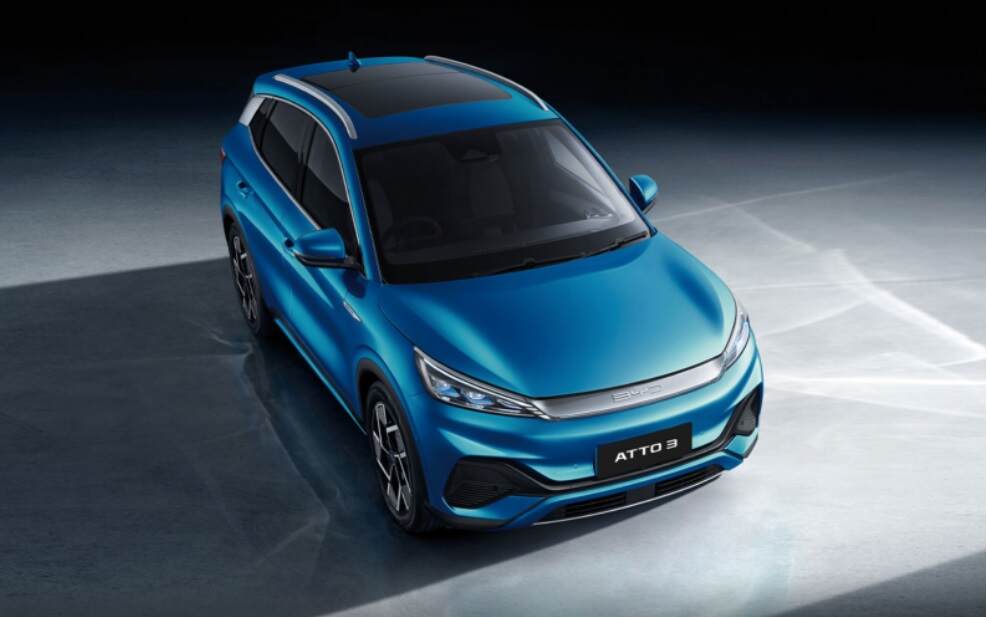Toyota Motor (7203.T) plans to build a third car plant in India, expanding production capacity in the country for the first time in over a decade as its partnership with Suzuki Motor (7269.T) boosts domestic sales, two sources said. The world’s biggest carmaker wants the new plant to start with a capacity of 80,000-120,000 vehicles a year, which could grow to around 200,000 over time, said one of the people with direct knowledge of the plans.
Toyota is boosting production in India to meet rising demand for its new SUV and counter the impact of global trade frictions. The new C-segment hybrid SUV is expected to go on sale in 2021 and will compete with rivals, including General Motors Co’s GM.N> compact crossover, which sold over 400,000 units last year. The source added that Toyota expects to sell a total of 1.5 million hybrid SUVs in the country by 2025.
The Japanese automaker is doubling on its bet that emerging markets will learn to love hybrids, which contrasts with global competitors like Volkswagen AG’s VWA.DE and GM, which are racing to roll out pure electric vehicles. Hybrids use smaller batteries than EVs and do not require recharging, essential factors in markets where consumers are price-sensitive and public charging infrastructure is sparse.
It has also invested in local supply chains, notably with Indian component maker Kirloskar Systems, to cut costs. It is shifting the manufacture of one essential part of its hybrid system, called E-Drives, from Japan to Bidadi, near Bengaluru, allowing Toyota to pass on savings to consumers.
Toyota has also sought government support for green technology like hybrids and battery-electric vehicles, including tax breaks. However, India has been reluctant to extend such incentives beyond EVs. Toyota wants New Delhi to lower the taxes it charges on hybrid cars to reduce fossil fuel consumption and emissions, the sources said.
Another new project in Bidadi is the production of lithium-ion battery cells, which are a crucial part of EVs. The sources said the plant could produce 135,000 E-Drives a year on one line and increase output to more than 400,000 units with more lines. The company expects to export the components, which include rare earth magnets, back to Japan for use in hybrid cars there and in Southeast Asia.
Toyota is also ramping up its commitment to vehicle electrification in the United States, announcing it will build its first U.S.-assembled battery electric vehicle, a three-row SUV, in Kentucky starting in 2025. The company will use batteries made by its subsidiary Toyota North Carolina, which is building a massive facility to help it reach its carbon neutrality goal by 2050. Toyota Kentucky, meanwhile, will assemble and distribute the new SUV. It will be built on a platform shared with a forthcoming three-row battery-electric SUV to be assembled by its sister company, Lexus, in California.



